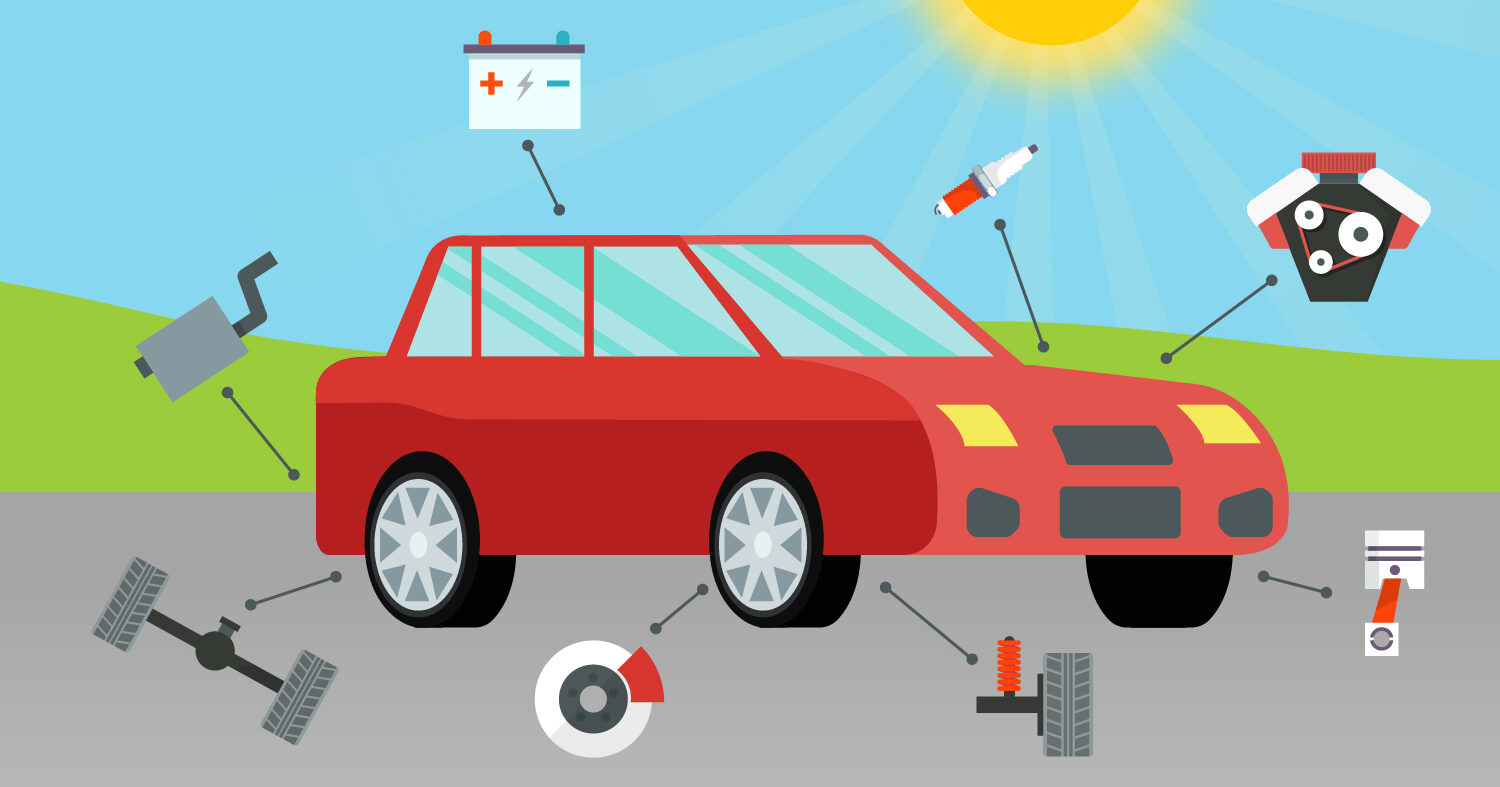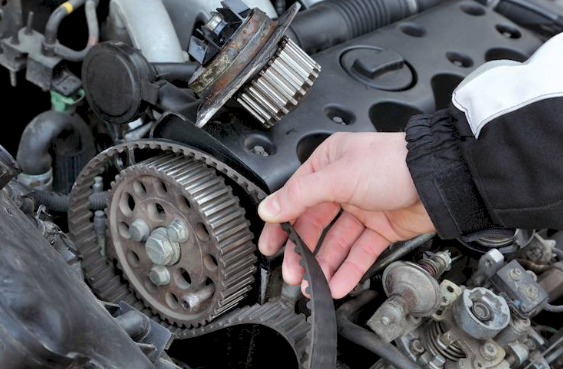An automobile safety check is a crucial step in ensuring your vehicle is in proper working condition and safe for driving. Here are the key reasons why you should prioritize a safety check for your vehicle:
1. Prevent Accidents and Protect Lives
- Why it matters: Regular safety checks help identify potential issues that could lead to accidents, such as faulty brakes, worn-out tires, or malfunctioning lights. By addressing these problems early, you significantly reduce the risk of accidents, protecting yourself, your passengers, and other road users.
- What’s checked: Brakes, tires, steering, suspension, lights, and airbags are thoroughly inspected to ensure they function properly and meet safety standards.
2. Ensure Compliance with Legal Requirements
- Why it matters: Many regions require vehicles to undergo periodic safety inspections to ensure they meet road safety regulations. If your vehicle is not compliant, it could result in fines, penalties, or even the inability to drive legally.
- What’s checked: Emissions, exhaust systems, tire conditions, and other safety-related components that are subject to legal standards.
3. Improve Vehicle Longevity
- Why it matters: Regular safety checks can help identify small issues before they become major, costly problems. Catching problems early through a safety check can extend the life of your vehicle and reduce the need for expensive repairs.
- What’s checked: Engine performance, fluid levels, and belts and hoses, which can be monitored for wear and tear to prevent major breakdowns.
4. Boost Vehicle Performance and Efficiency
- Why it matters: When your vehicle’s critical systems are in top shape, it runs more efficiently, providing better fuel economy and smoother performance. A safety check helps ensure that the engine, transmission, and other vital components are performing optimally.
- What’s checked: Engine diagnostics, tire pressure, and alignment, which can affect fuel efficiency and overall driving experience.
5. Reduce Emergency Breakdowns
- Why it matters: A breakdown can be frustrating, costly, and dangerous, especially if it happens in inconvenient or unsafe locations. A safety check can help you identify potential weak spots in your vehicle’s systems, minimizing the chances of a sudden breakdown.
- What’s checked: Battery health, alternator, and cooling system to prevent failure while you’re on the road.
6. Ensure Proper Airbag and Safety Features Functionality
- Why it matters: Modern vehicles are equipped with critical safety features such as airbags, traction control, and stability systems. Ensuring these features are working correctly is essential for your safety in case of an accident.
- What’s checked: Airbag sensors, seatbelt systems, and other active safety features to ensure they’re ready to protect you in an emergency.
7. Peace of Mind
- Why it matters: Knowing that your vehicle has passed a safety check provides peace of mind, especially if you drive long distances or have young passengers. It ensures that your car is in the best condition to keep you safe.
- What’s checked: Overall vehicle inspection to confirm that all major safety components are working correctly.
8. Lower Maintenance Costs Over Time
- Why it matters: A vehicle that undergoes regular safety checks will likely cost less in the long run. Addressing minor issues during a safety check prevents them from becoming major, expensive repairs.
- What’s checked: Regular inspections can save you money on larger, more expensive fixes down the road.
9. Increase Resale Value
- Why it matters: If you plan to sell or trade in your vehicle, having a history of regular safety checks and maintenance can increase its resale value. A well-maintained vehicle shows potential buyers that it’s reliable and well cared for.
- What’s checked: A history of safety inspections, along with a record of any repairs or improvements made, can add value to your vehicle.
10. Protect Your Insurance Coverage
- Why it matters: Some insurance companies may offer discounts for vehicles that are regularly inspected and maintained. Additionally, if you’re involved in an accident, a safety check can provide documentation that you were keeping your vehicle in good condition.
- What’s checked: The condition of your vehicle can be an important factor in insurance claims and premiums.
Conclusion:
Regular automobile safety checks are essential for the longevity, performance, and safety of your vehicle. Not only do they help prevent accidents and ensure that your car is roadworthy, but they also contribute to lowering long-term maintenance costs and ensuring that your vehicle complies with legal and insurance requirements. Prioritize safety checks to protect yourself, your passengers, and your investment in your vehicle.
















